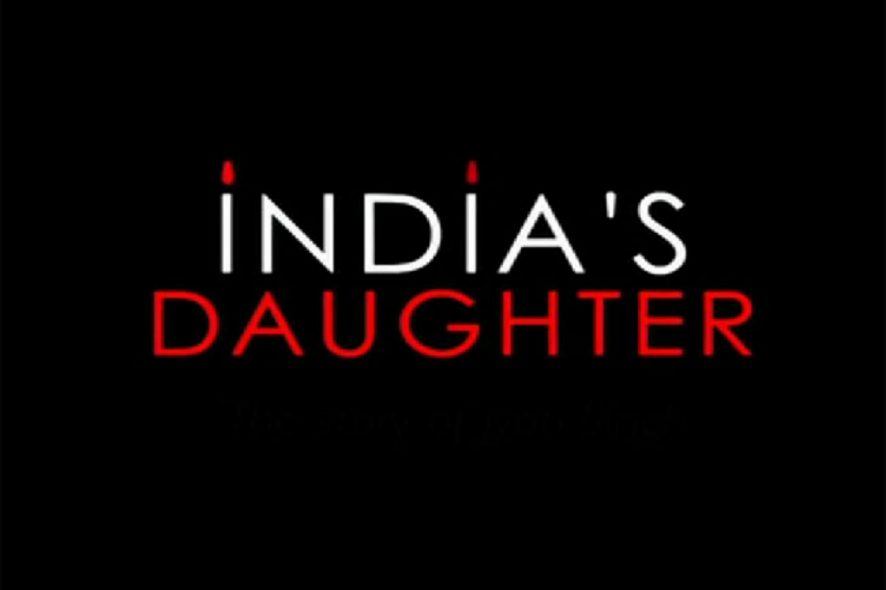Delhi High Court: Deciding the issue of ban on the telecast of the BBC documentary “India’s Daughter” by the Central Government and Delhi Police, the Court observed that as there is a judicial order prohibiting telecasting and the matter is still pending before the competent court of law, more particularly as the investigation is still in progress, interference either under Article 226 or 227 of the Constitution was not warranted.
The petitioner had questioned the action of the Central Government and Delhi Police in banning the telecast of the documentary as illegal and without jurisdiction, violating the fundamental rights of freedom of speech and expression guaranteed under Article 19(1)(a) of the Constitution. It was also contended that the prohibitory order was issued on a mere apprehension that it may lead to serious law and order problem is wholly unwarranted, apart from being without jurisdiction since the same is not authorised by any law. Since the documentary in question being a mirror reflection of the ground reality of the mindset of one of the convicts, the same needs to be appreciated and accepted so as to enable correction of the societal mindset of gender bias and social norms and to bring out the systemic changes in societal behaviour.
The documentary film is about the gang rape and brutal assault of a young woman on December 16, 2012 in a moving bus in New Delhi, known as “Nirbhaya case”. On February 28, 2015 BBC announced that the documentary film which included the interview of one of the convicts, would be aired on the International Women’s Day on March 8. An FIR was registered on the basis of newspaper and internet reports that the convict in the interview had made highly objectionable, grossly offensive, malicious and derogatory remarks hurting the feelings of women and that the publication and telecast of the same in print and electronic media may provoke breach of peace and cause public mischief. The Government issued an advisory on March 3, 2015 advising all private satellite TV channels not to telecast the documentary “India’s Daughter” or any excerpts from it or any programmes based on the said excerpts.
The Division Bench held that it is apparent from the facts borne out of record that the “advisory” was a mere advice to the private satellite TV channels hence, the petitioner’s contention regarding the validity of the “advisory” deserved no consideration at this stage. So far as the judicial orders dated March 3 and 4, 2015 are concerned, since the matter is pending before the competent court of law and more particularly the investigation is still in progress, the interference either under Article 226 or under Article 227 was not warranted. Disposing of the petitions, the Court left it to the Chief Metropolitan Magistrate to proceed with the matter following the due process of law and granting liberty to the petitioners or any aggrieved party to work out the other remedies under law. [Kritika Padode v. Union of India, 2016 SCC OnLine Del 4360, decided on August 5, 2016]
Picture Credits: Indiatoday







